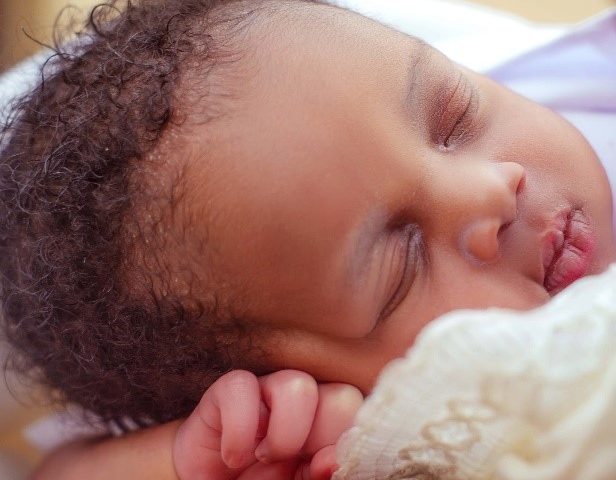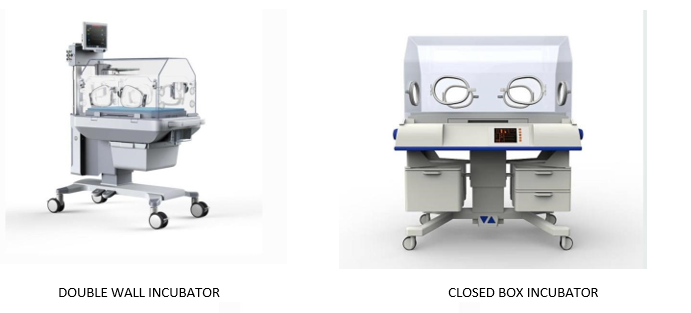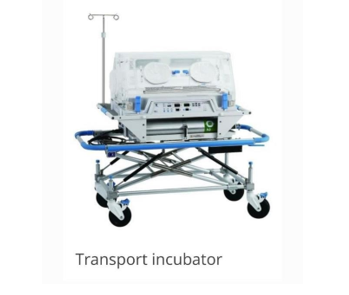Can Premature Babies Survive Without an Incubator?

Preterm babies who are ill may require additional care and support to survive after birth. Newborns, particularly those born prematurely, may have difficulty in regulating their body temperature. This, and the fact that they don’t have much fat, makes them prone to hypothermia. Hypothermia is when your body loses heat faster than it can produce it. This can cause complications like low tissue oxygen, breathing difficulty, and slowed growth.
WHY WOULD A BABY NEED AN INCUBATOR?
Incubators for babies might be used based on how early the baby is born and how well their systems are developed. Baby incubators provide the ideal environment for babies to thrive. Incubators prevent hypothermia by helping your baby maintain an optimal temperature. Temperature controls on a baby incubator can be set manually or automatically
based on the baby’s temperature.
Baby incubators also act as humidifiers. This helps keep your baby from having skin problems. Another feature of baby incubators is that they help block out noise. The NICU can be a busy and loud place. Incubators protect babies from noises and direct light that can disturb them and cause sleep interruptions, increases in blood pressure, and unnecessary stress.
Indeed it is difficult for premature babies to survive without an incubator. These babies need help staying warm, being safe from infections, and maintaining their breathing levels. An incubator provides an ideal environment for these babies and supports their survival until they can alone. It also manages their weight and body temperature.
While some may find the sight of an incubator for babies disconcerting, this medical equipment supports a newborn’s life in various scenarios, including when affected by respiratory infections. Incubators for babies and adults are different and are available in various types and sizes, including open, closed, double-walled, servo-controlled, and portable options. It also seeks to establish an atmosphere for infants that is safe, snug, warm, and comparable to a mother’s womb.
What Are the Different Kinds of Baby Incubators?
There are several different types of baby incubators, and your baby may be in different types at different times depending on their needs. These include:
- Open-box incubator. This provides heat underneath the baby but is otherwise open.
- Closed-box incubator. This type has a fresh-air filtration system that prevents the loss of moisture from the air and helps prevent infections.
- Double-wall incubator. This type has a double wall system for even more protection from heat and moisture loss.
- Servo-control incubator. This incubator can be programmed to adjust the temperature and humidity level based on sensors that are attached to the baby.
- Transport incubators. These are used to move babies from one place to another, such as from one part of the hospital to another or a different hospital alltogether


It can feel like there’s nothing you can do to take care of your baby if they are in an incubator in the NICU, but that’s not true. Talk to your baby’s doctors and nurses to find out when and how you can hold them. If your baby can’t breastfeed yet, you can pump milk for them. Spend as much time with your baby as you can join the rest of the family at home.



